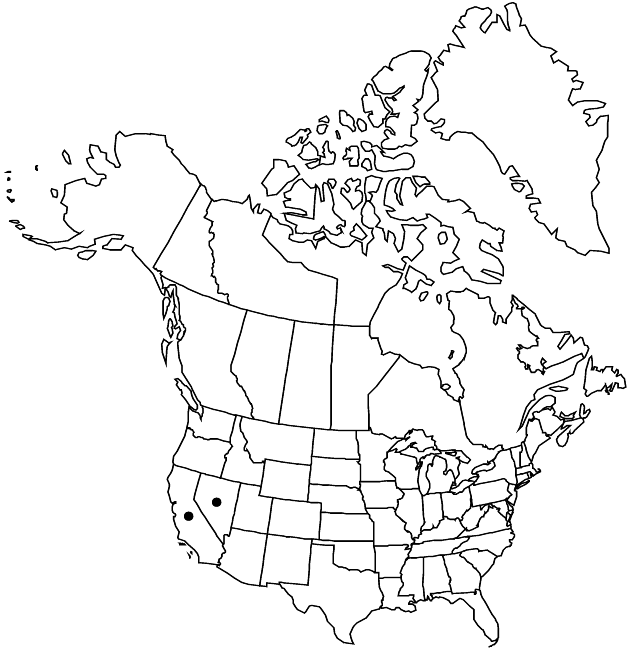Difference between revisions of "Grindelia fraxinipratensis"
Bull. Torrey Bot. Club 98: 334. 1972.
FNA>Volume Importer |
imported>Volume Importer |
||
| (4 intermediate revisions by 2 users not shown) | |||
| Line 6: | Line 6: | ||
|place=98: 334. 1972 | |place=98: 334. 1972 | ||
|year=1972 | |year=1972 | ||
| + | }} | ||
| + | |special_status={{Treatment/ID/Special_status | ||
| + | |code=E | ||
| + | |label=Endemic | ||
| + | }}{{Treatment/ID/Special_status | ||
| + | |code=C | ||
| + | |label=Conservation concern | ||
}} | }} | ||
|basionyms= | |basionyms= | ||
| Line 32: | Line 39: | ||
-->{{#Taxon: | -->{{#Taxon: | ||
name=Grindelia fraxinipratensis | name=Grindelia fraxinipratensis | ||
| − | |||
|authority=Reveal & Beatley | |authority=Reveal & Beatley | ||
|rank=species | |rank=species | ||
| Line 46: | Line 52: | ||
|publication title=Bull. Torrey Bot. Club | |publication title=Bull. Torrey Bot. Club | ||
|publication year=1972 | |publication year=1972 | ||
| − | |special status= | + | |special status=Endemic;Conservation concern |
| − | |source xml=https:// | + | |source xml=https://bitbucket.org/aafc-mbb/fna-data-curation/src/2e0870ddd59836b60bcf96646a41e87ea5a5943a/coarse_grained_fna_xml/V19-20-21/V20_998.xml |
|tribe=Asteraceae tribe Astereae | |tribe=Asteraceae tribe Astereae | ||
|genus=Grindelia | |genus=Grindelia | ||
Latest revision as of 20:07, 5 November 2020
Perennials, 40–80(–120) cm. Stems erect, stramineous to reddish, glabrous (resinous). Cauline leaf blades oblong to oblanceolate or linear, 15–50(–70) mm, lengths 3–6+ times widths, bases weakly clasping, margins usually entire, sometimes serrate (teeth mostly toward apices, apiculate), apices acute, faces glabrous, densely gland-dotted. Heads in paniculiform arrays. Involucres campanulate to obconic, 7–10 × 5–10 mm. Phyllaries in 4–7 series, linear to lanceolate, ± appressed, apices slightly recurved to nearly straight (outermost sometimes nearly patent), attenuate, slightly resinous. Ray florets 5–13; laminae 3–5(–7) mm. Cypselae stramineous to brown, 2.5–4 mm, apices knobby, faces striate (angles ± ribbed); pappi of 2 straight, smooth, setiform awns 3–4 mm, shorter than to nearly equaling disc corollas. 2n = 24.
Phenology: Flowering Jun–Aug(–Oct).
Habitat: Meadows, woodland borders
Elevation: 600–700 m
Discussion
Of conservation concern.
Selected References
None.
